10 Surprising Ways Stress Can Affect Your Beauty
By: Priyanka Maheshwari Wed, 26 Apr 2023 09:42:09
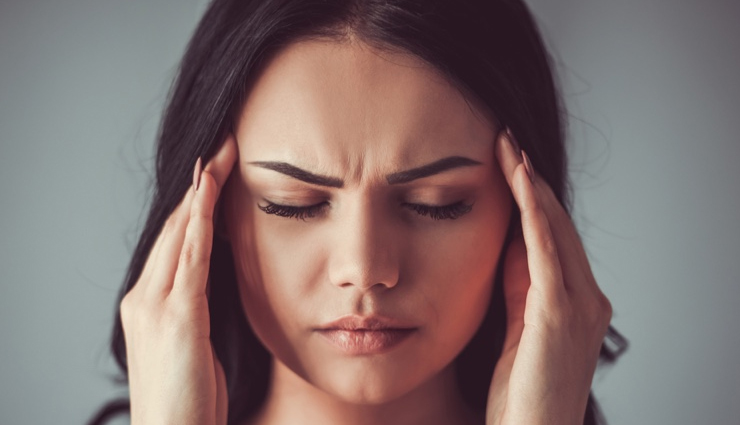
Stress is an unavoidable part of life that affects everyone at some point. Whether it’s due to work, relationships, finances, or other factors, stress can take a toll on both physical and mental health. But did you know that stress can also have a significant impact on your beauty? Here are 10 ways that stress can affect your appearance and how to combat its effects.

Dull complexion
When you're stressed, your body releases cortisol, a hormone that can lead to inflammation and breakouts. This inflammation can result in a dull complexion and uneven skin tone. Combat this by sticking to a regular skincare routine, including gentle exfoliation and moisturizing.
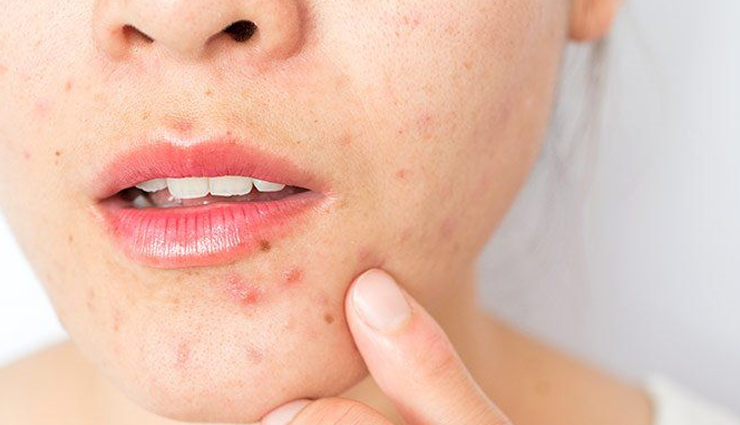
Acne
Stress can also trigger acne breakouts by increasing oil production in the skin. To reduce the likelihood of acne, make sure to cleanse your face thoroughly and avoid touching your face with your hands.

Hair loss
Stress can cause hair follicles to enter a resting phase, leading to hair loss. In addition, stress can lead to scalp inflammation, which can damage hair follicles. To combat this, try incorporating stress-reducing activities into your daily routine, such as yoga, meditation, or exercise.
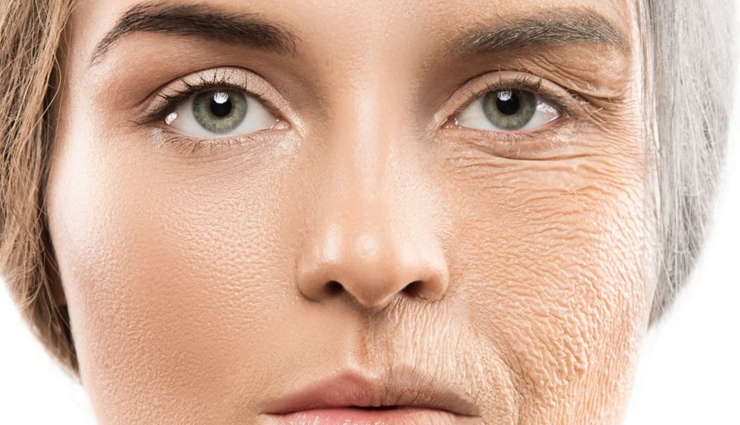
Premature aging
Stress can cause premature aging by increasing free radicals in the body, which can damage skin cells. This damage can result in fine lines, wrinkles, and other signs of aging. To prevent premature aging, make sure to wear sunscreen, eat a healthy diet, and stay hydrated.
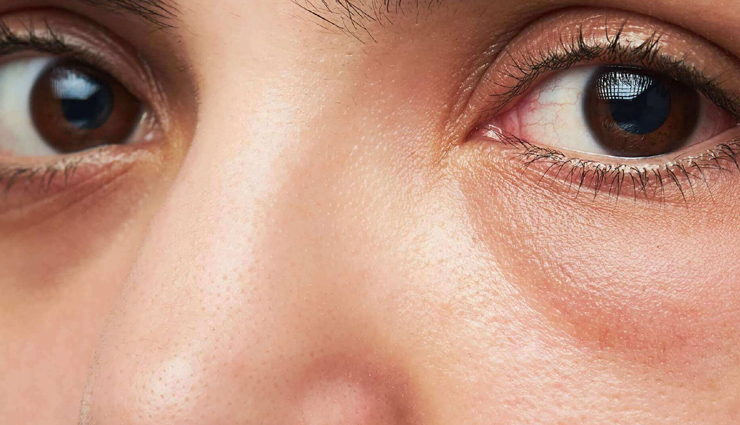
Eye bags and dark circles
Stress can also cause dark circles and bags under your eyes by disrupting your sleep patterns. Combat this by getting enough restful sleep each night, practicing good sleep hygiene, and reducing screen time before bed.
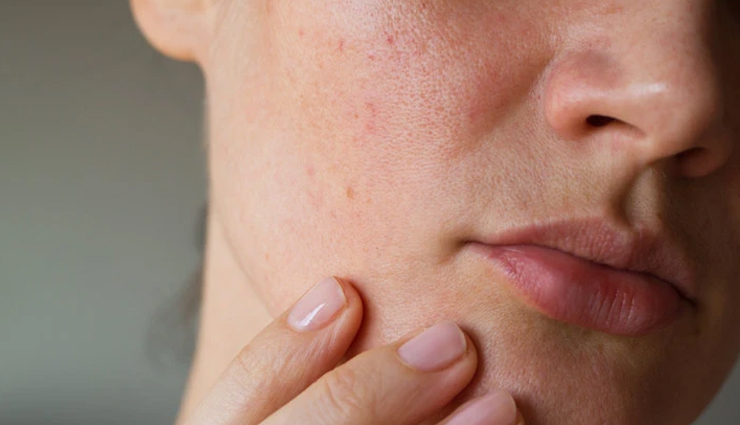
Dry skin
Stress can lead to dry skin by reducing the amount of water in your skin cells. To keep your skin hydrated, use a moisturizer with hyaluronic acid and avoid hot showers, which can strip your skin of its natural oils.
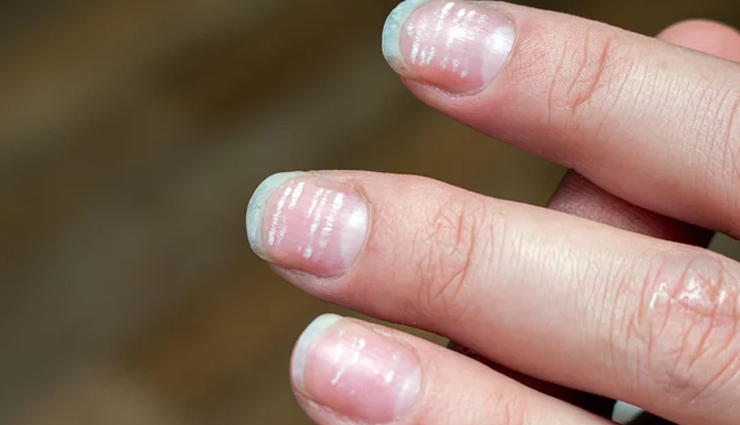
Nail damage
Stress can lead to nail damage by causing brittle, weak nails that are prone to breaking. To keep your nails healthy, make sure to file them regularly, avoid using harsh chemicals, and eat a balanced diet rich in vitamins and minerals.
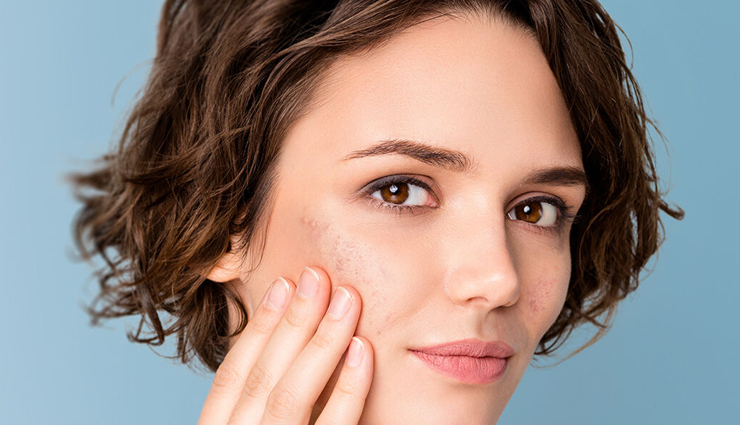
Skin sensitivities
Stress can also cause skin sensitivities and reactions, such as hives or eczema. To reduce your risk of these reactions, use gentle skincare products, avoid harsh chemicals and fragrances, and seek medical attention if necessary.
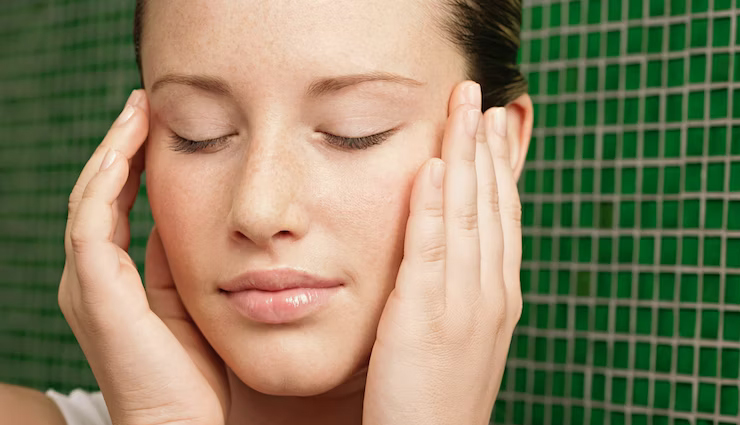
Facial tension
Stress can cause facial tension, leading to headaches, jaw pain, and other discomfort. To combat facial tension, practice relaxation techniques such as facial massage, deep breathing, and stretching.

Unhealthy habits
Finally, stress can lead to unhealthy habits that can negatively impact your beauty, such as smoking, drinking alcohol, and overeating. To avoid these habits, make sure to prioritize self-care, seek support from loved ones, and practice stress-management techniques regularly.
In conclusion, stress can have a significant impact on your beauty. By recognizing the ways that stress affects your appearance and taking steps to combat its effects, you can help maintain healthy, glowing skin, hair, and nails. There are many ways to reduce stress and manage its effects.

Practice mindfulness
Mindfulness involves being present in the moment and paying attention to your thoughts, feelings, and surroundings without judgment. Regular mindfulness practice, such as meditation or yoga, can help reduce stress and improve overall wellbeing.

Get regular exercise
Exercise is a proven stress-buster. Even just a few minutes of physical activity each day can help reduce stress and improve mood. Try to incorporate at least 30 minutes of moderate-intensity exercise into your daily routine.

Connect with loved ones
Social support is essential for managing stress. Spending time with loved ones, talking about your feelings, and sharing your experiences can help reduce stress and improve overall wellbeing.

Take breaks
Taking regular breaks throughout the day can help reduce stress and improve productivity. Try taking a short walk, practicing deep breathing, or listening to calming music during your breaks.

Set boundaries
Setting boundaries is important for managing stress. Saying no to commitments that you don't have time or energy for, and prioritizing self-care can help reduce stress and improve overall wellbeing.

Get enough sleep
Sleep is essential for managing stress. Aim for at least 7-8 hours of restful sleep each night. Establishing a regular sleep routine, avoiding screens before bed, and creating a comfortable sleep environment can help improve sleep quality.

Practice self-care
Self-care activities, such as taking a bath, reading a book, or practicing a hobby, can help reduce stress and improve overall wellbeing. Prioritizing self-care can help you feel more relaxed and centered.

Use relaxation techniques
Relaxation techniques, such as deep breathing, progressive muscle relaxation, and visualization, can help reduce stress and improve overall wellbeing. Try incorporating these techniques into your daily routine.

Practice time management
Poor time management can contribute to stress. Try prioritizing your tasks, setting deadlines, and delegating responsibilities to manage your time more effectively.

Seek professional support
If stress is interfering with your daily life, it may be helpful to seek professional support. Counseling, therapy, or medication can help manage stress and improve overall wellbeing.





